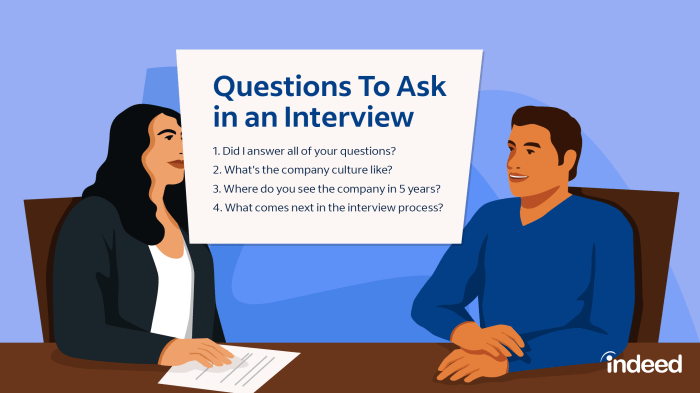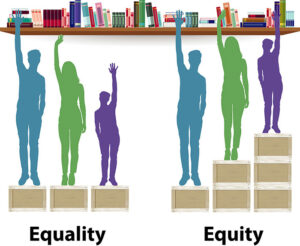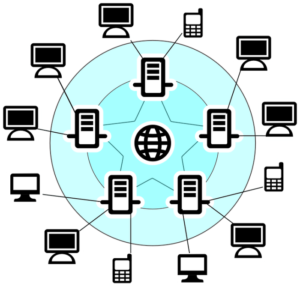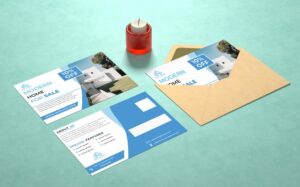
Interview follow-up email tips are essential in today’s job market, where every interaction counts. Sending a thoughtful follow-up email not only reinforces your interest in the position but also sets you apart from other candidates. With so much at stake, understanding how to craft an effective follow-up can significantly influence your chances of landing the job.
In this guide, we’ll explore the importance of follow-up emails, how to structure them effectively, the best timing for sending them, and common pitfalls to avoid. By mastering these elements, you can enhance your professional presence and leave a lasting impression on potential employers.
Importance of Interview Follow-Up Emails
Sending follow-up emails after interviews is a critical step in the job application process. These emails not only demonstrate professionalism but also reflect a candidate’s enthusiasm for the position. The act of following up can significantly influence the hiring decision, providing an opportunity to reinforce a candidate’s qualifications and interest in the role.Follow-up emails can impact the hiring process by keeping the candidate at the forefront of the interviewer’s mind.
In many instances, candidates who send thoughtful and timely follow-ups are perceived as more dedicated and enthusiastic. By sending a follow-up, candidates can reiterate their suitability for the role and remind the employer of any key points discussed during the interview that highlight their fit for the position.
Structuring an Effective Follow-Up Email
An effective follow-up email should contain a few essential components that ensure clarity and professionalism. When structuring your email, consider the following key elements:
- Subject Line: Make it clear and concise, such as “Thank You for the Opportunity” or “Following Up on My Interview.”
- Personalized Greeting: Start with a warm greeting that includes the interviewer’s name.
- Gratitude Expression: Thank the interviewer for their time and the opportunity to discuss the position.
- Specific References: Mention specific topics or points from the interview that resonated with you.
- Reiterate Interest: Clearly express your continued interest in the position and the company.
- Closing Statement: End with a polite closing statement, encouraging further communication.
Here’s a template for a follow-up email after an interview:“`Subject: Thank You for the InterviewDear [Interviewer’s Name],Thank you for taking the time to meet with me [yesterday/today] for the [Position Title] role. I enjoyed our discussion about [specific topic discussed], and it reinforced my excitement about the opportunity to join [Company Name].I appreciate the insights you shared regarding [another specific topic], and I believe my skills in [specific skills or experiences] would positively contribute to your team.Thank you once again for the opportunity.
I look forward to hearing from you soon.Best regards,[Your Name]“`
Timing Considerations for Sending Follow-Up Emails
The timing of sending follow-up emails can greatly influence their effectiveness. Ideally, a follow-up email should be sent within 24 to 48 hours after the interview. This timeframe allows candidates to express their appreciation while the interview is still fresh in the interviewer’s mind.To track when to send follow-up communications, candidates might consider using calendar reminders or keeping a dedicated notebook for job application timelines.
Additionally, being aware of cultural differences can also play a crucial role in timing; for instance, some cultures may expect quicker responses while others may have a more relaxed approach to communication.
Personalization Techniques in Follow-Up Emails
Personalizing follow-up emails is essential to make a lasting impression. Candidates should reference specific discussion points from the interview that highlight their knowledge and interest. For example, mentioning a project discussed or a shared interest can create a genuine connection. Addressing the interviewer by their name and title adds a personal touch and shows respect. A personalized email conveys that the candidate is not only interested in the position but also values the interaction they had during the interview.
Common Mistakes to Avoid in Follow-Up Emails
When crafting follow-up emails, candidates should be cautious of common pitfalls. Frequent errors include:
- Typos and Grammatical Errors: These can undermine professionalism and attention to detail.
- Generic Messages: A follow-up that lacks personalization may not resonate with the interviewer.
- Negativity: Avoid any negative remarks about yourself, the interview, or the company.
Maintaining a positive tone is crucial, as it reflects the candidate’s attitude and suitability for the workplace environment.
Enhancing Business Relationships Through Follow-Ups
Follow-up emails can significantly strengthen business networking opportunities. They serve as a means to nurture connections made during interviews and can lead to valuable relationships. For instance, in the restaurant industry, a well-timed follow-up can enhance collaboration between culinary professionals and suppliers, leading to better business outcomes.To leverage follow-up communications, professionals should consider sending updates on their projects or sharing relevant industry news, which keeps the relationship active and engaging.
Incorporating Follow-Ups into Job Search Techniques

Follow-up emails should be an integral part of a job search strategy. They can be used not only after interviews but also after networking events, informational meetings, or job fairs to reinforce connections. In business interviews and presentations, follow-ups can provide a platform to reflect on discussions and clarify any points, enhancing the overall communication process.By incorporating a follow-up strategy, candidates can improve their overall business productivity and efficiency in job searches.
Measuring the Effectiveness of Follow-Up Emails

Evaluating the success of follow-up emails can be achieved through various metrics. Candidates may consider tracking response rates, noting engagement levels, and analyzing feedback from interviewers. Asking for feedback can provide insights into how follow-up communications are received and perceived.Adjusting follow-up approaches based on the responses received is essential for continuous improvement in communication strategies.
The Role of Follow-Up Emails in Sales and Marketing
In the realm of sales and marketing, follow-up emails are crucial for maintaining client relationships and closing deals. Strategies for follow-ups differ significantly between job searches and client outreach, highlighting the importance of context in communication.Follow-ups in sales management can facilitate the nurturing of leads, keeping potential clients engaged and informed, ultimately leading to successful transactions.
Future Trends in Follow-Up Communications
Technology is reshaping how follow-up emails are crafted and sent. Innovations like artificial intelligence may streamline the process, offering personalized templates and suggestions based on previous interactions. Future workplace communication will likely evolve to incorporate more automated responses while still emphasizing the need for a personal touch in follow-ups.As communication methods evolve, the significance of effective follow-up strategies remains vital in maintaining professional relationships and enhancing business outcomes.
Final Summary
In conclusion, mastering the art of follow-up emails can greatly enhance your job search experience and help build valuable professional relationships. By approaching each follow-up with care and personalization, you not only keep your candidacy alive but also showcase your commitment and professionalism. Remember, in the world of interviews, a well-timed and considerate follow-up can be the key to your success.
FAQ Explained
How soon should I send a follow-up email?
It’s best to send your follow-up email within 24 to 48 hours after the interview to keep your candidacy fresh in the interviewer’s mind.
What should I include in a follow-up email?
Include a thank you message, a recap of your interest in the position, and any specific points from the interview that stood out to you.
Is it okay to follow up more than once?
Yes, it’s acceptable to follow up more than once, but be mindful of not being overly persistent. A second follow-up can be appropriate if you haven’t received a response after a week or two.
Can I ask for feedback in my follow-up email?
While it’s generally acceptable to ask for feedback, it’s best to approach this delicately and focus primarily on expressing gratitude and reiterating your interest.
How can I personalize my follow-up email?
Refer back to specific topics discussed during the interview, mention any shared interests, and address the interviewer by name to add a personal touch.





